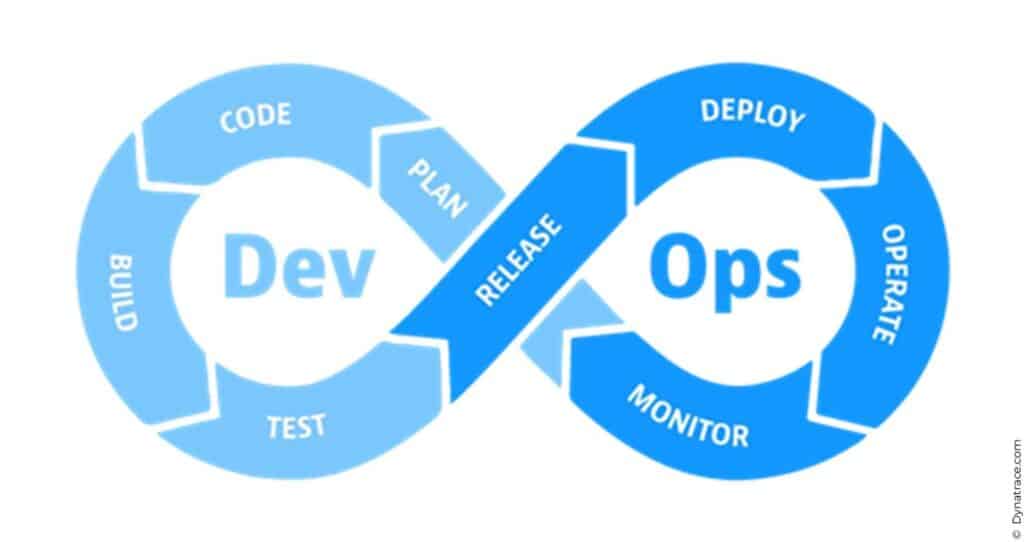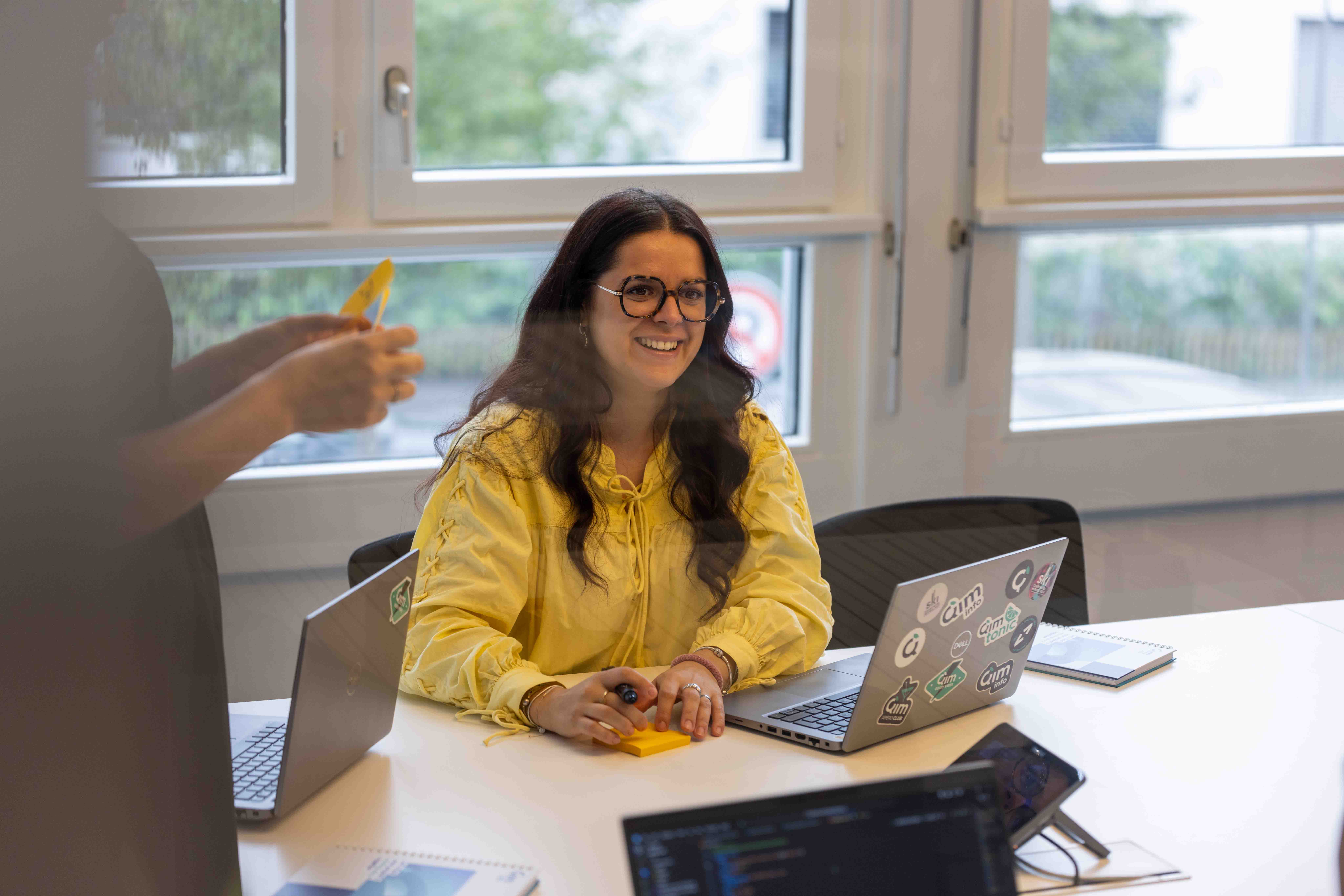Since 2020, Qim info has structured its center of expertises around five departments using various skills. Today, we are going to focus on the Cloud & DevOps Solutions department with Clement Raussin, its manager.
First of all, Clement, can you tell us what “Cloud” and “DevOps” mean?
C.R: To begin with, the “Cloud” refers to a set of resources and services made available by third-party companies, such as Amazon, Google, and Microsoft, to name only the leaders. Previously, companies had their own data centers on premises or at a hosting company, with the inherent high costs and high risks (such as a fire, for example).
The advantage of the Cloud is its global nature, which distributes information across the globe and thus limits these risks and secures the data.
Contrary to what one might think, the Cloud is not limited to storage with Dropbox or Google Drive:
“With over 200 AWS services available worldwide, you can request a server for two hours or several months, as well as take advantage of Amazon’s artificial intelligence to become the Mozart of tomorrow. ”
DevOps can be represented with these five letters: CALMS for Culture Automation Lean Measurement Sharing.
It’s a lot like a movement or culture, just like agility. DevOps seeks to reunite software creation practices (“Dev”) and software installation and exploitation (“Ops”).
The main objective is to facilitate communication and collaboration between these teams. As software becomes more and more complex over time, teams have had to adapt and grow to meet user demands, building a wall between these two professions. The practices and tools included in “DevOps” bring down the wall and respond faster to market and customer needs.
Today, DevOps also includes tooling, and today these tools are more and more in the Cloud. This is why we created the “Cloud & DevOps Solutions” department!
What kind of services do you offer?
C.R: Our offer is based on four services.
The first concerns the Software Factory. This includes the tools that allow developers or project managers to store their code, check that it is well written or doesn’t contain any security flaws, compile it, and send it to production.
The second is focused on the Cloud. Our scope of intervention mainly focuses on realising feasibility and cost analyses before a customer migrates to the Cloud.
Our third service is what we call “Container orchestration”, or Kubernetes. This takes place in different data centres to give our customers stable, quick, and easy access to their data and services.
Finally, we offer an application supervision system adapted to customers’ technical and business specificities. To do this, we build real-time dashboards and proactive alert systems based on continuous metrics and logs.
We’ve come full circle; our offer could be summarised as follows: We help build reliable software, deliver it, implement it in the cloud or elsewhere, and ensure it performs well worldwide. Then, we check that everything is working properly through monitoring and identify areas to improve the future user experience.
What will these solutions bring to your customers? Could you give us a concrete example?
C.R: Today, our customers are pressed by competitors and user needs. The need to improve their time-to-market: Reducing the time between the idea of a new feature and its delivery for more responsiveness.
Another concrete example, this time concerning high availability: A renowned festival needs its site to be operational when ticket sales open, even if visitor numbers shoot up quickly. We can make sure it happens!
Although our DevOps offer is more oriented towards companies that practice development, Cloud and Monitoring apply to all organisations.

How do you see your department in two years?
C.R: Qim info is already a great company with solid expertise in the IT sector. Within the next two years, and thanks to our department, I want to position Qim info on the Swiss DevOps scene to create a strong network for exchanges and participate in changing how things are done in this sector. These multidisciplinary sectors are growing, and we intend to continue recruiting talent to strengthen the department’s skills and integrate new ones.
What do you like about this job?
C.R: What I like about “Cloud & DevOps” is that I can combine “Dev” and “Ops” within a joint project and objective, integrating them and bringing value by improving communication between both teams. In addition, I like the scope of the technological challenges offered by Cloud Computing environments, which are booming and require constant monitoring and experimentation.







